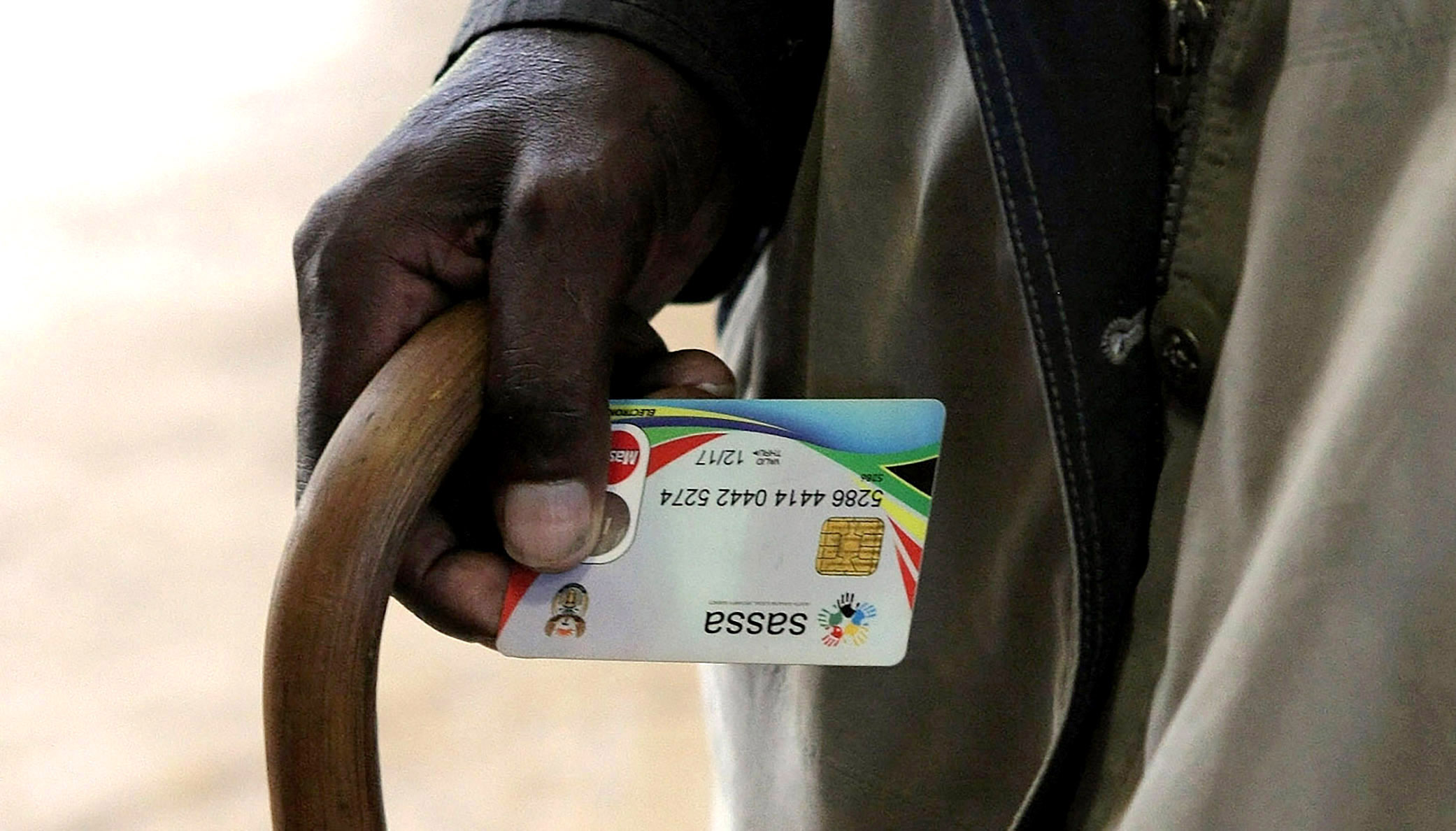[embed]https://youtu.be/nT-hpZoCIxY?si=8eD2LLqpZmFiQorU[/embed]
In January, President Cyril Ramaphosa reportedly told an ANC rally in Mpumalanga that only the ANC could be relied on to keep supporting South Africa’s poor through social grants and the National Student Financial Aid Scheme (NSFAS).
According to The Citizen, Ramaphosa said there were no guarantees that other South African political parties would continue with these poverty-alleviation programmes if the ANC was voted out of power.
He said: “We do not know if these other organisations will have the determination we have,” in terms of uplifting the disadvantaged.
His comments caused outrage from opposition parties. But is there any basis for Ramaphosa’s allegations?
As analyst Khaya Sithole has pointed out, all together more than 20 million South Africans, as of 2023, cumulatively relied on the fairly meagre financial support provided by NSFAS via student funding and the South African Social Security Agency (Sassa) via social grants. Any new government which suddenly proposed doing away with these financial lifelines would be in for a world of pain in terms of both social unrest and constitutional challenges.
But beyond that: What have opposition parties actually promised when it comes to student funding and social grants?
The DA has fought the social grant claim from the ANC before, which is why its social development policy explicitly states: “Social grants are a constitutional right and any suggestion that the DA would take them away if elected into national government is patently false and misleading.”
When it comes to detailed pledges about social grants, the DA specifies just one, which is that the Child Support Grant would increase under a DA government – from R510 a month to R760.
DA leader John Steenhuisen did add in a recent newsletter, however, that the DA also supports a basic income grant in theory – “but only in the context of economic growth that makes it affordable and viable”.
As for student funding, the DA proposes comprehensive reforms to NSFAS. This would see students from poorer households have access to government loans, to be repaid later, but also with the possibility of scholarships for high academic achievement.
Moving on to other opposition parties: EFF leader Julius Malema recently promised voters that an EFF government would increase the current R350 hardship grant introduced during Covid on a sliding scale based on your educational qualification, rising to R6,000 a month if you have an honours degree. The EFF has also pledged free basic services to everyone who gets a social grant. As for student funding, the EFF’s 2019 manifesto says it will cancel all student debt and provide free higher education “until a first degree” for all.
The third-largest party in South Africa, the IFP, actually takes credit for the whole idea of social grants, pointing out in a recent newsletter from leader Velenkosini Hlabisa that the government of KwaZulu under Mangosuthu Buthelezi introduced social grants “long before democracy”. The IFP, too, says it will stick with social grants and potentially increase them.
The IFP’s 2019 manifesto does not specify exactly how it wants students to be funded, but an October 2023 statement from the party referred to NSFAS as having “critical importance”.
Newer parties seem to be similarly keen on social grants: Herman Mashaba’s ActionSA says it would expand them and introduce a new basic income grant. Rise Mzansi says it favours a combination of income grants and other measures, such as food vouchers for grant recipients.
Of course, political parties can promise voters anything before they get into power. Before the last elections, for instance, the EFF promised that it would equip every South African school with an in-house orthodontist.
But there seems little doubt, given the state of local unemployment, that any party or parties which succeeded in dislodging the ANC in the upcoming elections would have to maintain a robust social welfare system in the current environment – or risk complete anarchy. DM





 The social relief of distress grant was introduced in 2020 as a Covid-19 emergency relief initiative. (Photo: Gallo Images / Sowetan / Sandile Ndlovu)
The social relief of distress grant was introduced in 2020 as a Covid-19 emergency relief initiative. (Photo: Gallo Images / Sowetan / Sandile Ndlovu)